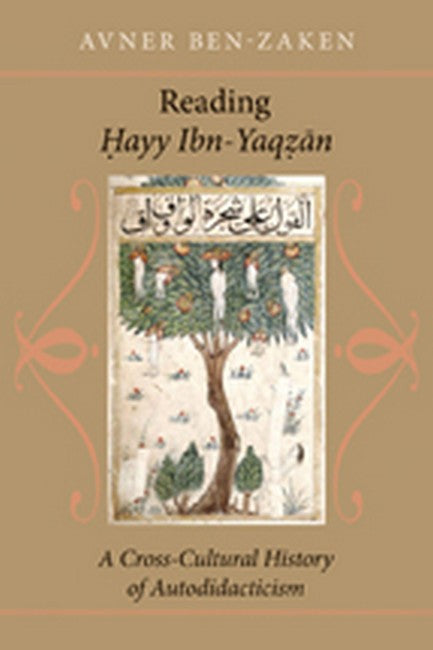Commonly translated as ''The SelfTaught Philosopher'' or ''The Improvement of Human Reason,'' IbnTufayl's story Hayy Ibn-Yaqzan inspired debates about autodidacticism in a range of historical fields from classical Islamic philosophy through Renaissance humanism and the European Enlightenment. Avner BenZaken's account of how the text traveled demonstrates the intricate ways in which autodidacticism was contested in and adapted to diverse cultural settings.In tracing the circulation of the Hayy Ibn-Yaqzan, BenZaken highlights its key place in four farremoved historical moments. He explains how autodidacticism intertwined with struggles over mysticism in twelfthcentury Marrakesh, controversies about pedagogy in fourteenthcentury Barcelona, quarrels concerning astrology in Renaissance Florence, and debates pertaining to experimentalism in seventeenthcentury Oxford. In each site and period, BenZaken recaptures the cultural context that stirred scholars to relate to Hayy Ibn-Yaqzan and demonstrates how the text moved among cultures, leaving in its wake translations, interpretations, and controversies as various as the societies themselves. Pleas for autodidacticism, BenZaken shows, not only echoed within close philosophical discussions; they surfaced in struggles for control between individuals and establishments. Presented as selfcontained histories, these four moments together form a historical collage of autodidacticism across cultures from the late Medieval era to early modern times. The first booklength intellectual history of autodidacticism, this novel, thoughtprovoking work will interest a wide range of historians, including scholars of the history of science, philosophy, literature, Europe, and the Middle East.

